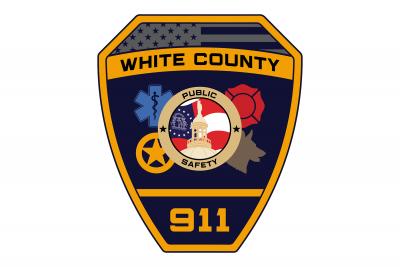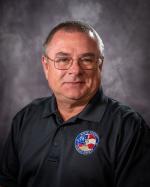911 Communications
9-1-1 Communications Division is responsible for receiving emergency and non-emergency calls for service and dispatching the appropriate first responders including Sheriff’s Office, Police Departments, Fire Services, Emergency Medical Services, and Animal Control.
What is 9-1-1?
Nine-one-one is the number most people in the U.S. and some in International countries call to get help in a police, fire or medical emergencies. A 9-1-1 call goes over dedicated networks to the appropriate 9-1-1 answering point (PSAP) for the caller's location, and trained personnel then send the emergency help as needed.
What is Enhanced 9-1-1?
Enhanced 9-1-1, or E9-1-1, is a system which routes an emergency call to the appropriate 9-1-1 answering point (PSAP) for the caller's location, AND automatically displays the caller's phone number and address. The 9-1-1 call taker will typically ask the caller to verify the information, which appears on his or her computer screen. In most areas, phone number and location information is available for 9-1-1 calls made from a cellular/wireless phone.
When should you use 9-1-1?
Nine-one-one (9-1-1) is only to be used in emergency situations. An emergency is any situation that requires immediate assistance from the police/sheriff, the fire department or an ambulance. If you are ever in doubt of whether a situation is an emergency you should call 9-1-1. It's better to be safe and let the 9-1-1 call taker determine if you need emergency assistance.
Do Not Call 9-1-1:
- for information
- for directory assistance
- when you're bored and just want to talk
- for paying traffic tickets
- for your pet
- as a prank
If you call 9-1-1 by mistake, do not hang up. Tell the call taker what happened so they know there really isn't an emergency.
For Non-Emergency Calls for Assistance:
DIAL (706) 865-0911


